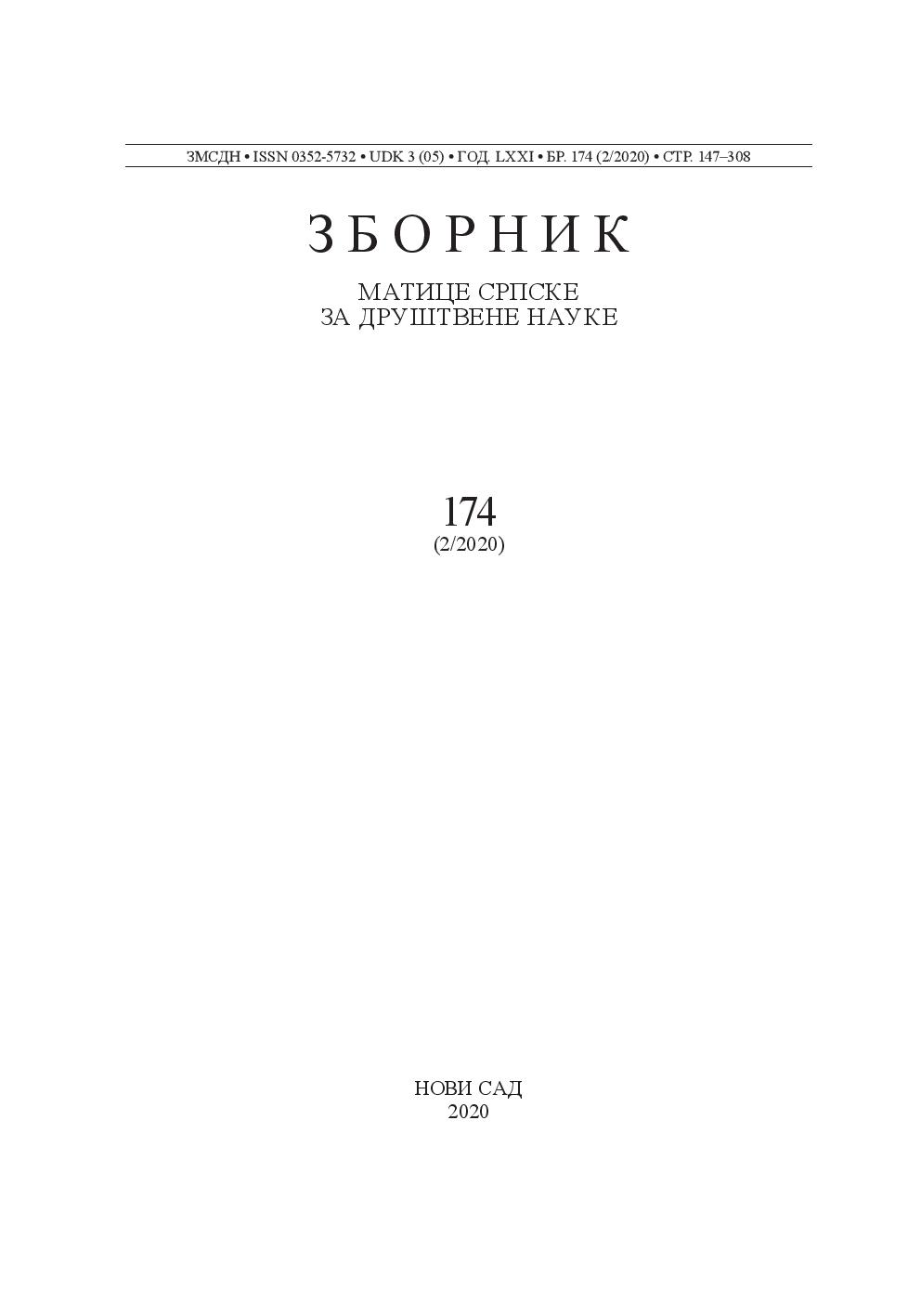МОЖЕ ЛИ ФИЛОЗОФИЈА БЕЗ ТРАНСЦЕНДЕНЦИЈЕ? ДИЈАЛОГ СА МИЛАНОМ БРДАРОМ
CAN PHILOSOPHY DO AWAY WITH TRANSCENDENCE? A DIALOGUE WITH MILAN BRDAR
Author(s): Vladimir Ž. MilisavljevićSubject(s): Philosophical Traditions, Epistemology, Logic
Published by: Матица српска
Keywords: Being; Foundation; God; Logic; Secularization; Transcendence
Summary/Abstract: The paper examines the interpretation of three major philosophical figures – Descartes, Kant and Heidegger – proposed in the latest monographs by Milan Brdar. I argue that these valuable books can be best understood as parts of his unique program of criticism of the Enlightenment. In particular, they converge in trying to establish a single point – the one of futility of all attempts to found philosophy which dispenses with the transcendence of God. Brdar highlights the limits of the Cartesian Cogito, which is unable to prove anything more than the existence of the self as a thinking being, as well as the necessity of a transcendent God as a warrant for our clear and distinct perceptions. On the other hand, Kant is the very type of philosopher of whom Brdar approves – the one who managed to combine knowledge and faith. As far as Heidegger is concerned, Brdar’s survey of his philosophical evolution, especially of his conception of Being as transcendence and his late turn towards a „new religion“, is an additional argument for Brdar’s thesis. However, I argue that Hegelian philosophy represents a challenge for Brdar’s intent. On this point I depart from the conclusions on Hegel expounded in the two chapters of his monograph on Kant. In particular, I disagree with his view of Hegel, substantiated by some assertions from his writings, as a philosopher whose panlogism verges on theocentrism. In the final part of the paper I propose instead of several elements of a radically secular reading of Hegel’s logic, phenomenology and philosophy of religion. I also argue that Hegel’s philosophy sharply diverges from the foundationalist pattern of the Cartesian type.
Journal: Зборник Матице српске за друштвене науке
- Issue Year: 2020
- Issue No: 174
- Page Range: 239-253
- Page Count: 15
- Language: Serbian

